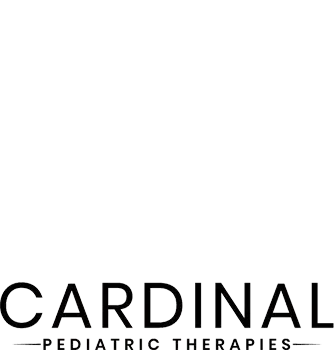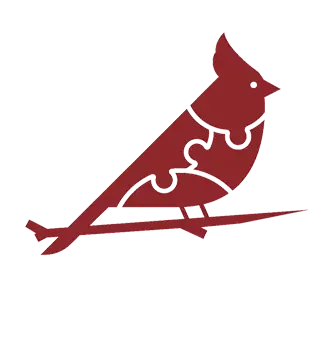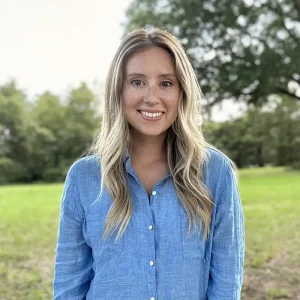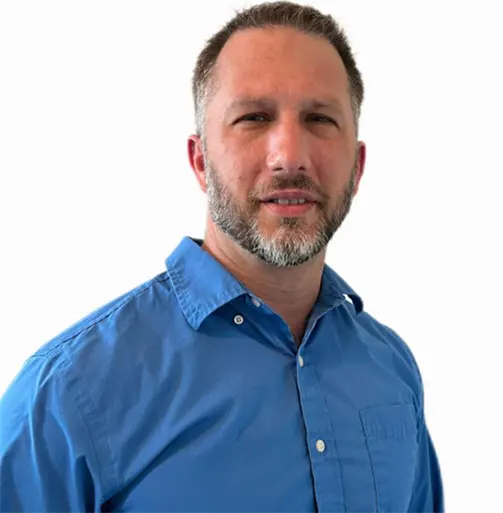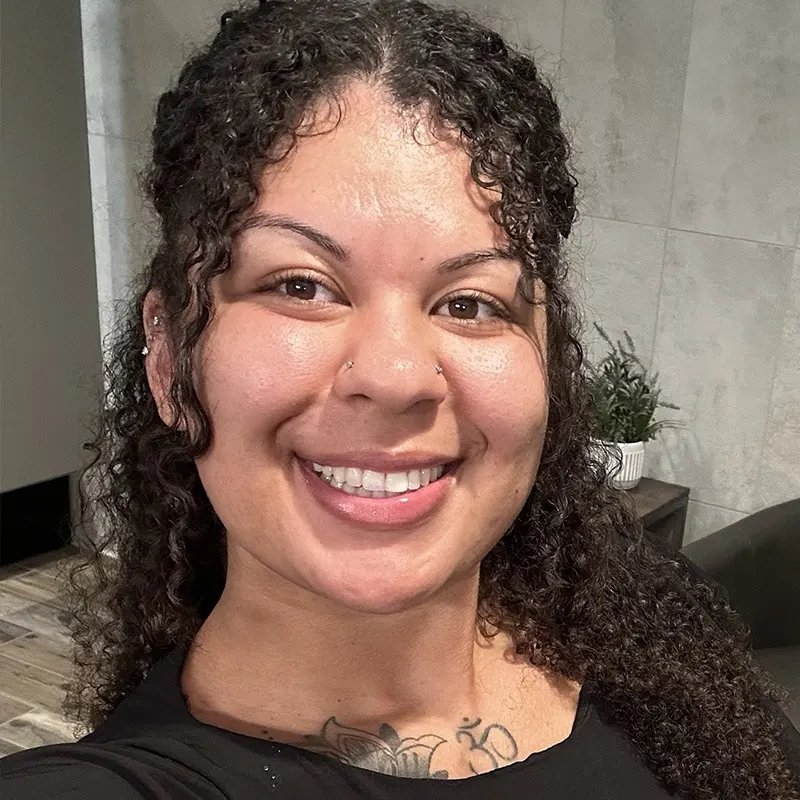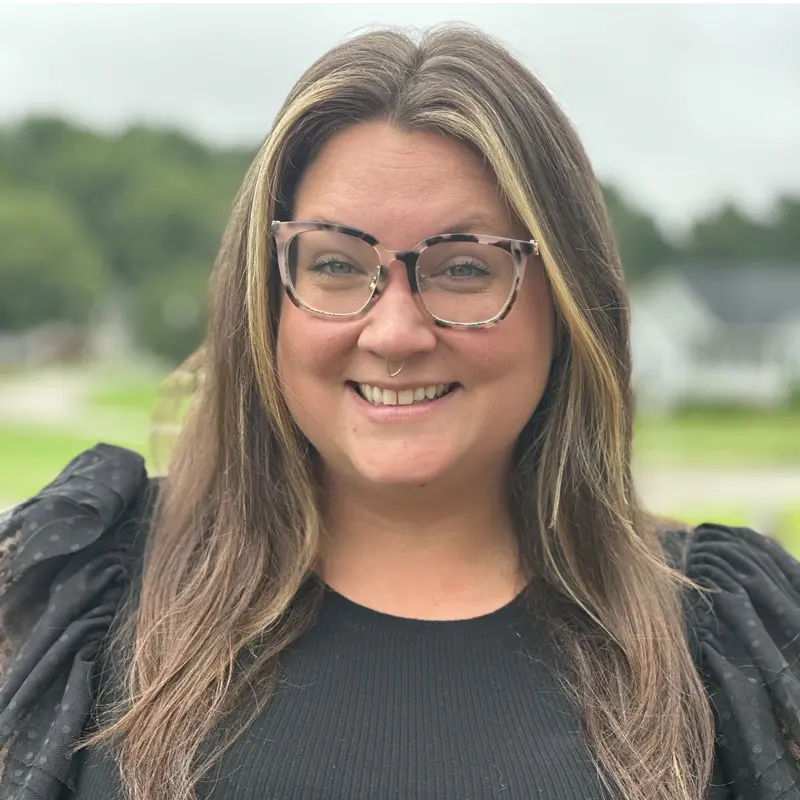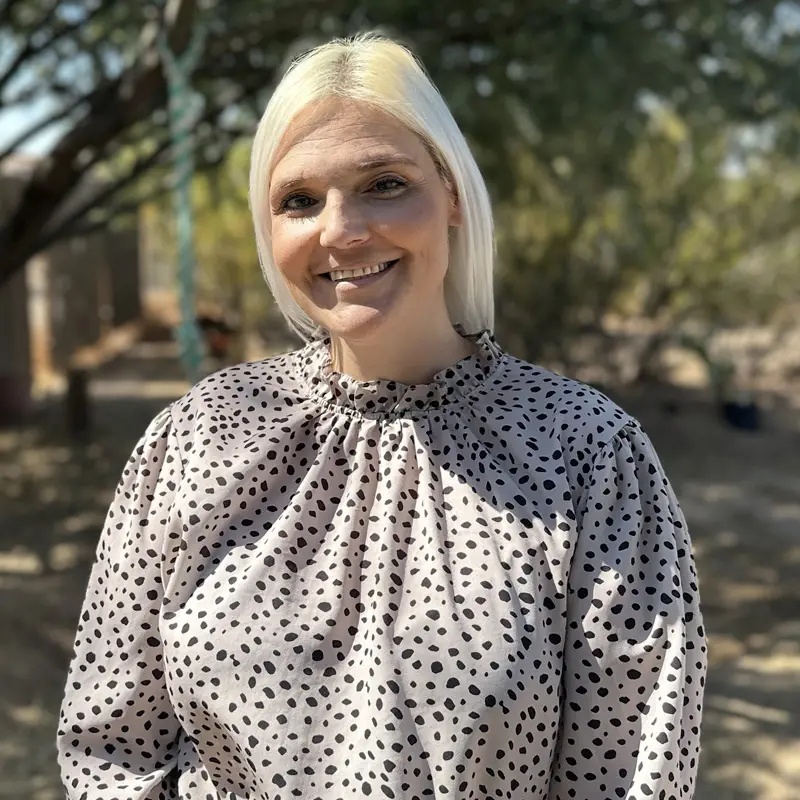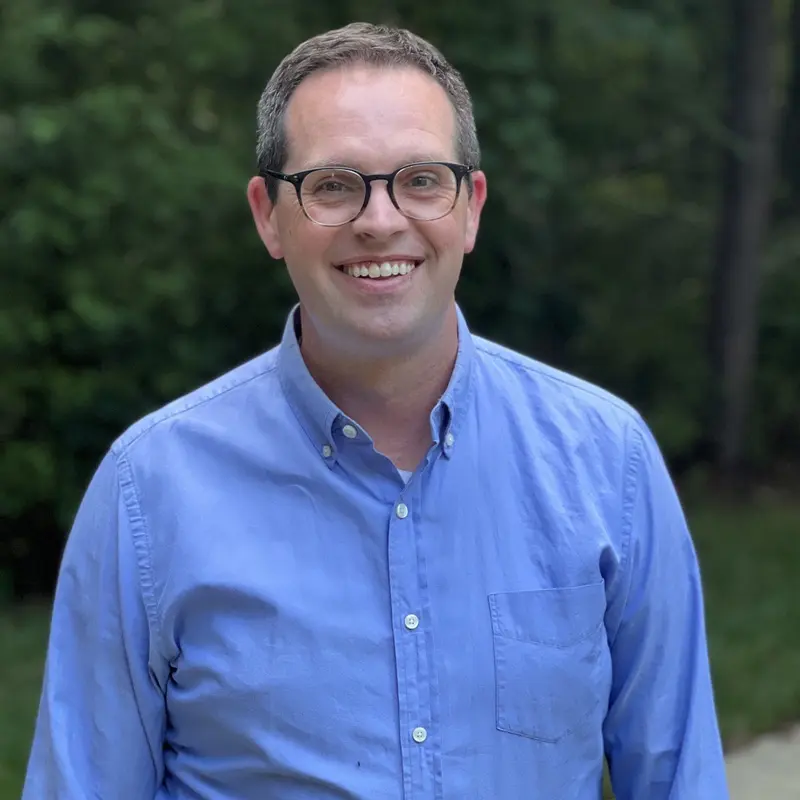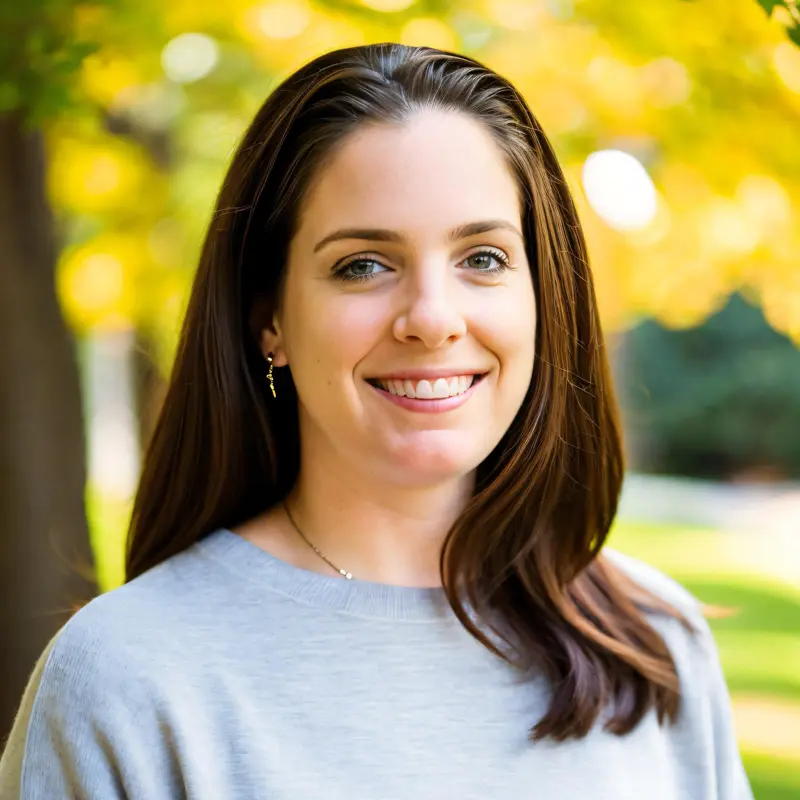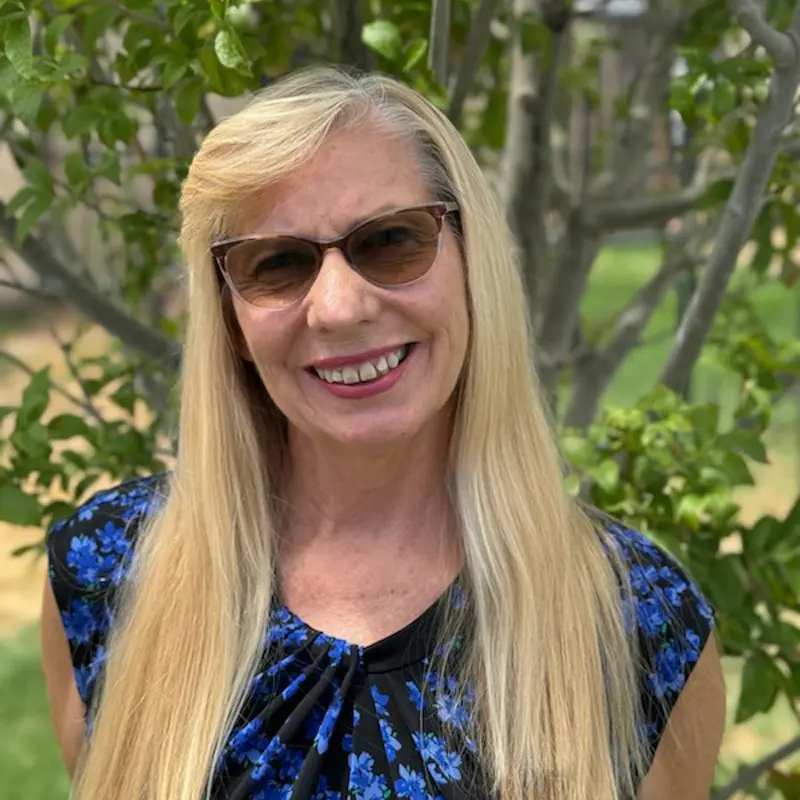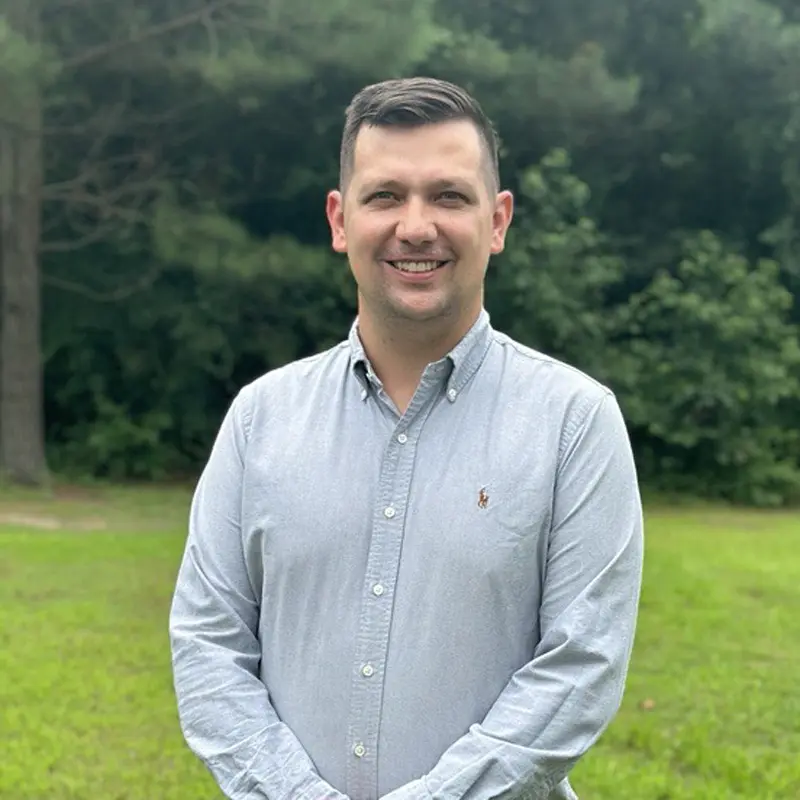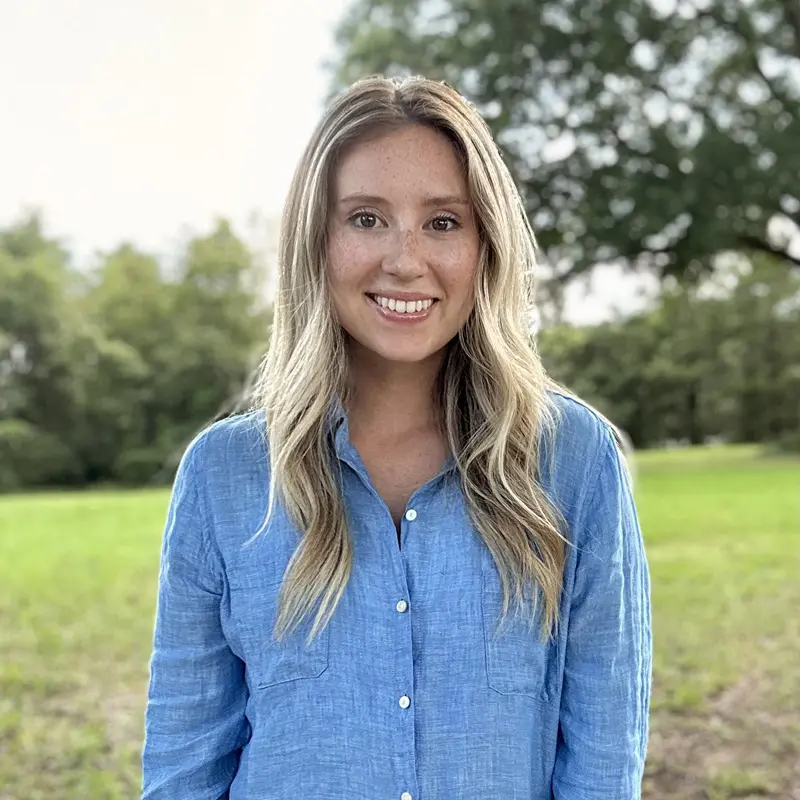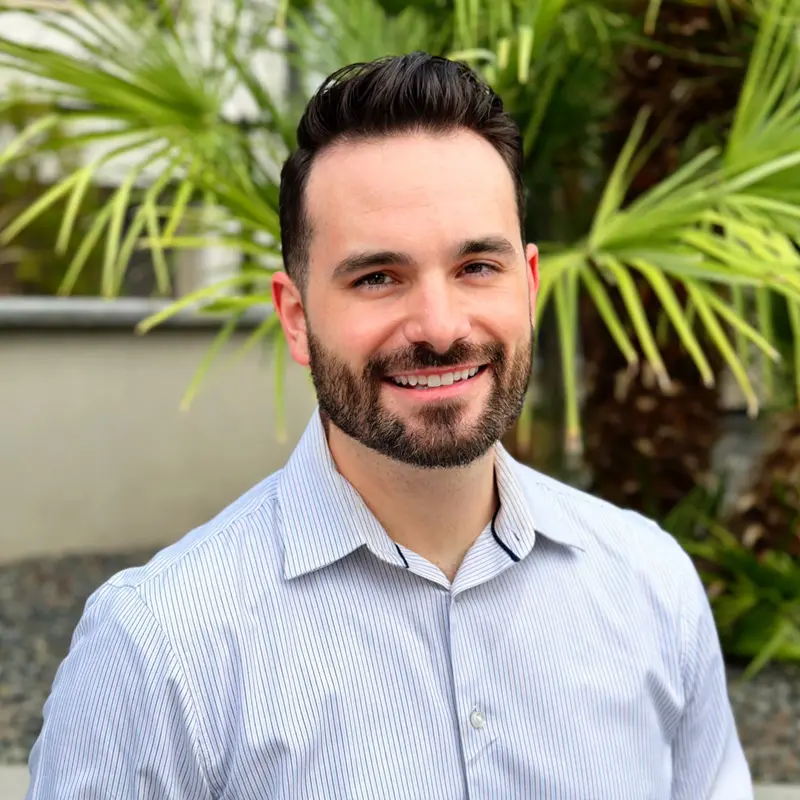For parents of children showing signs of autism or developmental delays, early questions can feel overwhelming. One of the most common and important questions is this: What is the best age to start ABA therapy?
Applied Behavior Analysis (ABA) therapy is considered the gold standard for helping children on the autism spectrum build communication, social, and life skills. When started early, ABA therapy has the power to improve long-term developmental outcomes, increase school readiness, and help families build more structured and successful daily routines.
At Cardinal Pediatric Therapies, every child deserves support tailored to their unique journey. Whether your child is just beginning to show signs or already has a formal diagnosis, our compassionate team is here to help you navigate the next steps with confidence.

Understanding ABA Therapy
ABA therapy is an evidence-based treatment approach that focuses on teaching meaningful skills through positive reinforcement and data-driven techniques. It can be used to support a wide range of goals, including:
- Speech and language development
- Social interaction
- Emotional regulation
- Adaptive living skills
- Reduction of challenging behaviors
ABA programs are often highly individualized. At Cardinal Pediatric Therapies, our Board-Certified Behavior Analysts (BCBAs) design custom therapy plans based on each child’s strengths, challenges, and family environment.
What is the Best Age to Start ABA Therapy?
The short answer is: as early as possible. Most experts recommend starting ABA therapy between the ages of 18 months and 4 years, as this is a period of rapid brain development and high learning potential.
Research has shown that early intervention can lead to:
- Greater improvements in language and communication
- Stronger cognitive development
- Reduced need for support services later in life
- Higher success in school and social settings
Starting ABA therapy early helps take advantage of a child’s natural developmental window. It allows therapists and families to establish positive habits before unproductive behaviors become deeply rooted.
Early Signs to Watch For
Recognizing the early signs of autism or developmental delay is key to starting therapy at the right time. Parents may want to consider an ABA evaluation if their child:
- Does not respond to their name by 12 months
- Shows limited eye contact or social engagement
- Has delayed or absent speech by 16 to 24 months
- Engages in repetitive behaviors like hand-flapping or lining up toys
- Struggles with transitions, changes in routine, or sensory sensitivities
Many children who benefit from ABA therapy do not have a formal autism diagnosis at the time they begin services. You do not need to wait for a diagnosis to get started, especially if you have concerns about your child’s behavior or development.

Why Early ABA Therapy Makes a Difference
Children’s brains are highly adaptable in the early years. This period of neuroplasticity enables young children to acquire new skills, absorb language, and develop emotional awareness more easily.
When ABA therapy is introduced early, it can:
- Help children learn to communicate their needs effectively
- Reduce frustration and tantrums related to unmet needs.
- Establish routines that promote independence.
- Support the development of peer relationships and play skills.
Early therapy also provides parents with the tools they need to reinforce learning at home, manage challenging behaviors with confidence, and create a supportive and structured environment that nurtures progress.
What If My Child Is Older?
While earlier is typically better, it is never too late to start ABA therapy. Children, teens, and even young adults can make significant progress with the proper support. For older children, therapy may focus more on:
- Emotional regulation
- Coping strategies for anxiety or frustration
- Executive functioning skills (e.g., organization, time management)
- Peer interaction and social boundaries
- Preparing for academic transitions or independent living
At Cardinal Pediatric Therapies, we work with children at various developmental stages, designing programs tailored to their age, ability, and goals. Whether your child is starting preschool or preparing for middle school, we are here to help them succeed.

How Cardinal Pediatric Therapies Supports Early Intervention
With locations in Arizona and North Carolina, Cardinal Pediatric Therapies offers a full range of services designed to help families begin ABA therapy as soon as it is needed.
In-Home and In-Clinic ABA Therapy
We provide both in-home and in-clinic ABA therapy options to ensure children receive support in the environments where they feel most comfortable. Our in-home services are ideal for practicing daily routines and activities. At the same time, in-clinic settings provide opportunities for structured peer interaction and classroom readiness.
Developmental Screenings and Assessments
If you are unsure whether your child qualifies for ABA therapy or meets early developmental milestones, our team can help. We offer early screenings and work closely with diagnostic professionals to ensure your child receives a thorough and compassionate evaluation.
Parent Coaching and Family Support
A strong parent-child partnership is critical to success. Our team offers ongoing parent coaching to help families understand ABA techniques, support learning at home, and navigate the emotional challenges that often accompany developmental concerns.
Classroom Readiness Programs
Many of our younger clients participate in school preparation programs that help them develop the foundational skills necessary for academic and social success. These include turn-taking, following directions, managing sensory input, and adapting to group routines.
When to Seek an ABA Evaluation
You do not need to wait until your child starts school to seek help. Suppose you notice persistent delays or behavioral challenges between 18 months and 3 years of age. In that case, it is wise to start the conversation early. Trust your instincts. Parents are often the first to recognize when something feels different, even before a pediatrician raises concerns.
Signs it may be time to seek an evaluation include:
- Persistent language delays
- Difficulty with transitions or new environments
- Aggressive or self-injurious behaviors
- Lack of interest in playing with other children
- Sensory sensitivities that disrupt daily routines
Early action does not guarantee a diagnosis, but it opens the door to support that can make a meaningful difference.

Get Started With Our ABA Therapy Services Today!
ABA therapy is most effective when started early, during the years when children are developing rapidly and most receptive to new learning. The best age to start ABA therapy is typically between 18 months and 4 years. However, meaningful progress can happen at any stage.
At Cardinal Pediatric Therapies, we are committed to helping children grow with confidence and supporting families during challenging times. Whether your child is just beginning to show signs of developmental differences or you are ready to start therapy today, we are here to help you take the next step with expert care and unwavering support.
To learn more about our ABA therapy services or to schedule an initial consultation, contact Cardinal Pediatric Therapies today.
